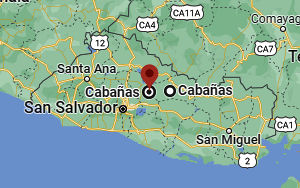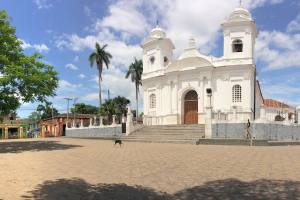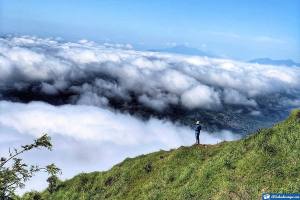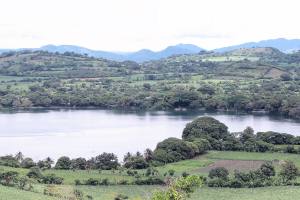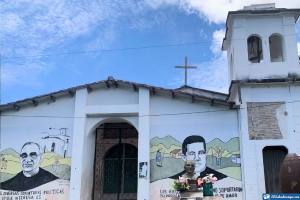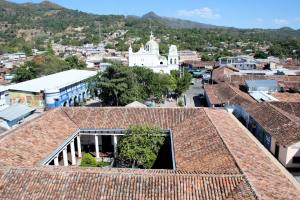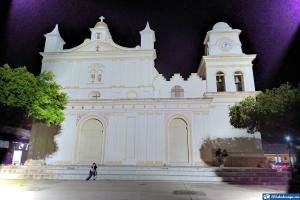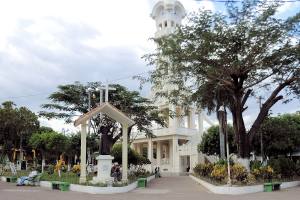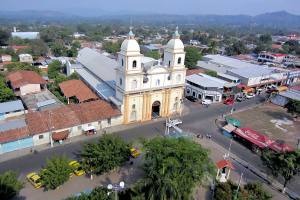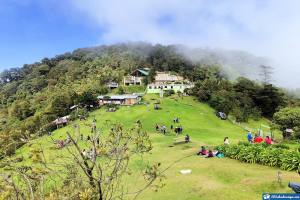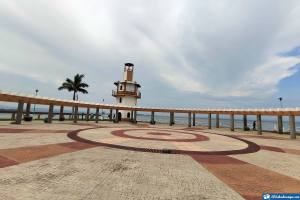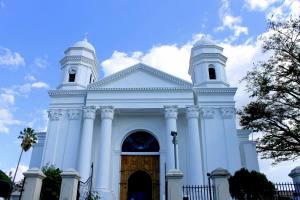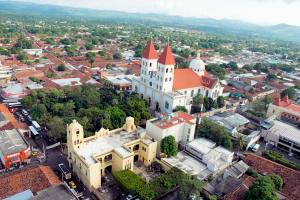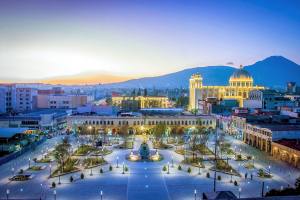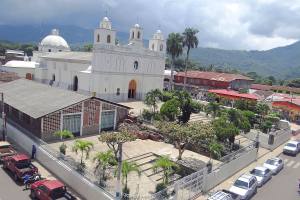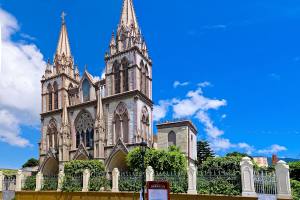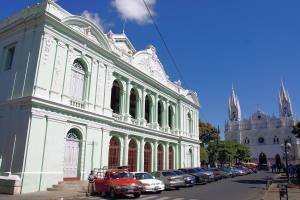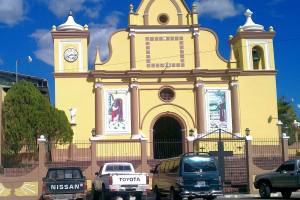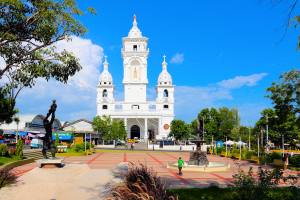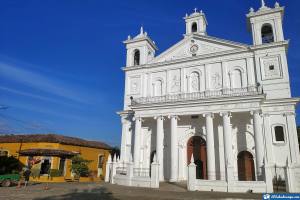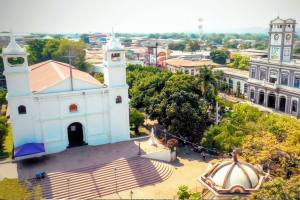El Salvador is par excellence, where outdoor tourism has become its main attraction. Such is the case of Cabañas Department, where natural spaces, breathtaking landscapes, and endless activities abound.
It is a town where you will quickly fall in love with its valleys, mountains, rivers, and forests. In short, the ideal destination for ecotourism and adventure lovers. Continue reading and discover all that Cabañas Department offers to its tourists.
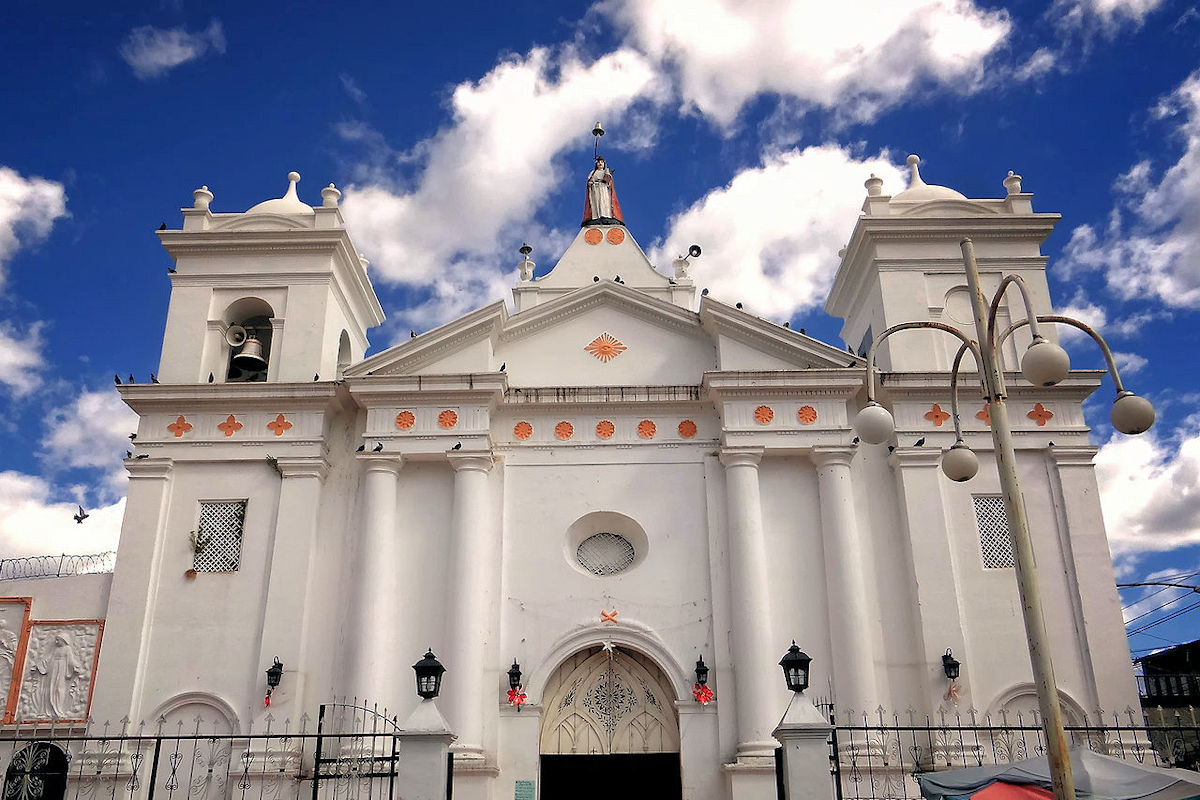
CABAÑAS DEPARTMENT - Departments of El Salvador. Photo by Rodet7. Wikimedia Commons.
Cabañas Data
| Country: | El Salvador |
|---|---|
| Category: | Departments |
| Capital: | Sensuntepeque |
| Surface: | 1.104 km² |
| Most populated city: | Ilobasco |
| Height: | 750 m |
What to see and do in Cabañas Department
If you want to connect with nature or have an unforgettable vacation with your loved ones, in Cabañas, you will find more than you can imagine. And we are talking about a town where nature reserves, landscapes, and historical centers are unparalleled.
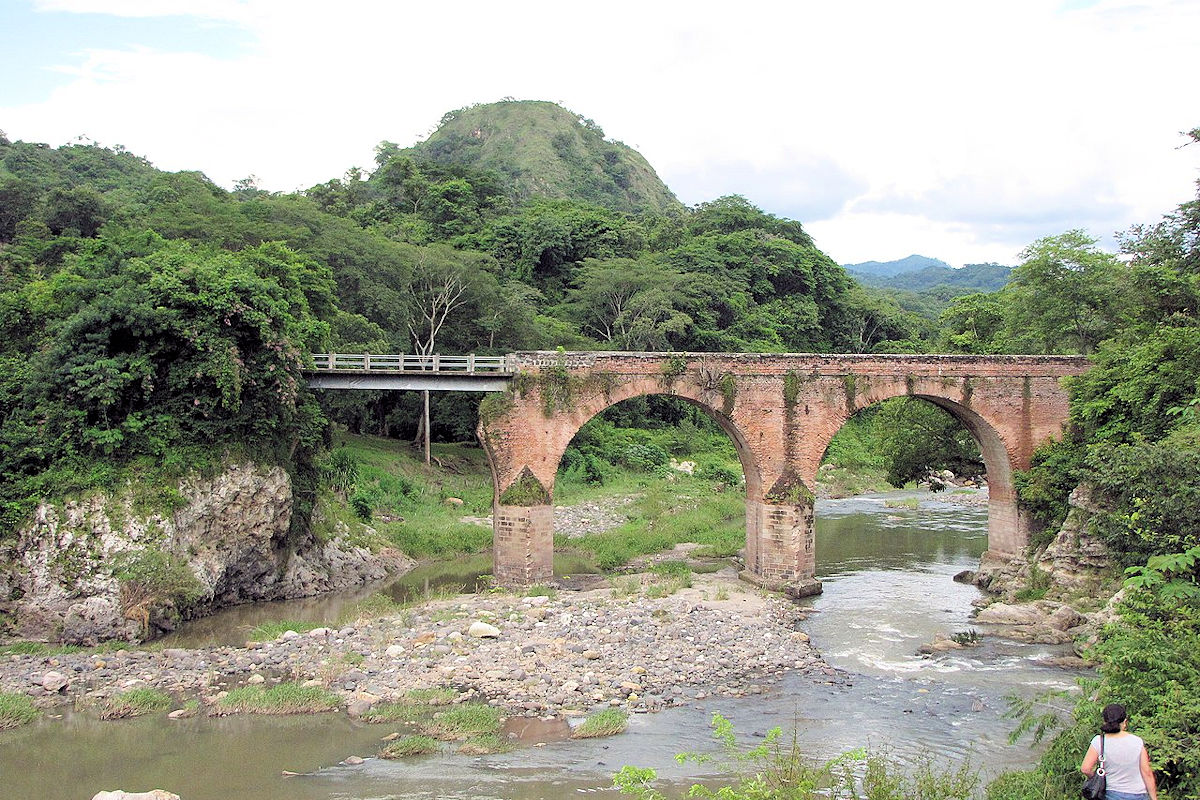
Places scattered among each of its municipalities will take you to know the culture, traditions, and history of El Salvador. Together, they form a fundamental part of the Salvadoran people and all it offers to the world.
Without further ado, here are the monuments, places, and destinations you should visit in Cabañas Department.
Monuments and places of interest
Our tour of the places of interest in Cabañas begins in Ilobasco, also called Sitio Viejo. Inhabited since the seventeenth century, but by then, its name was San Miguel de Xilobasco.
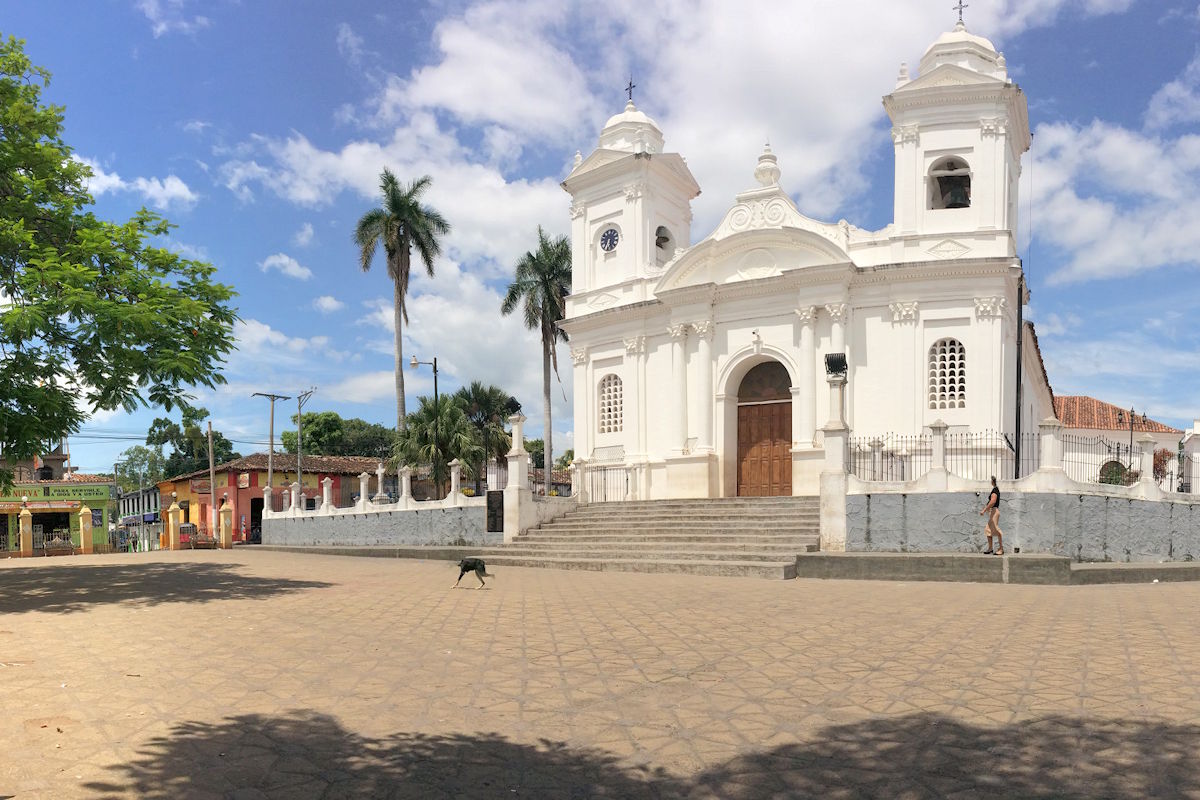
However, before the arrival of the Spaniards, the indigenous tribes called it Hilotasxca, which means “Place of tender corn tortillas.” The important thing is that Ilobasco is a town where the pottery tradition has existed since ancient times.
This place is perfect for rural tourism because, in this way, you can get to know the colonial architecture that has characterized El Salvador. On the other hand, right in this city, we find a national monument that is also the most important religious symbol of the locals.
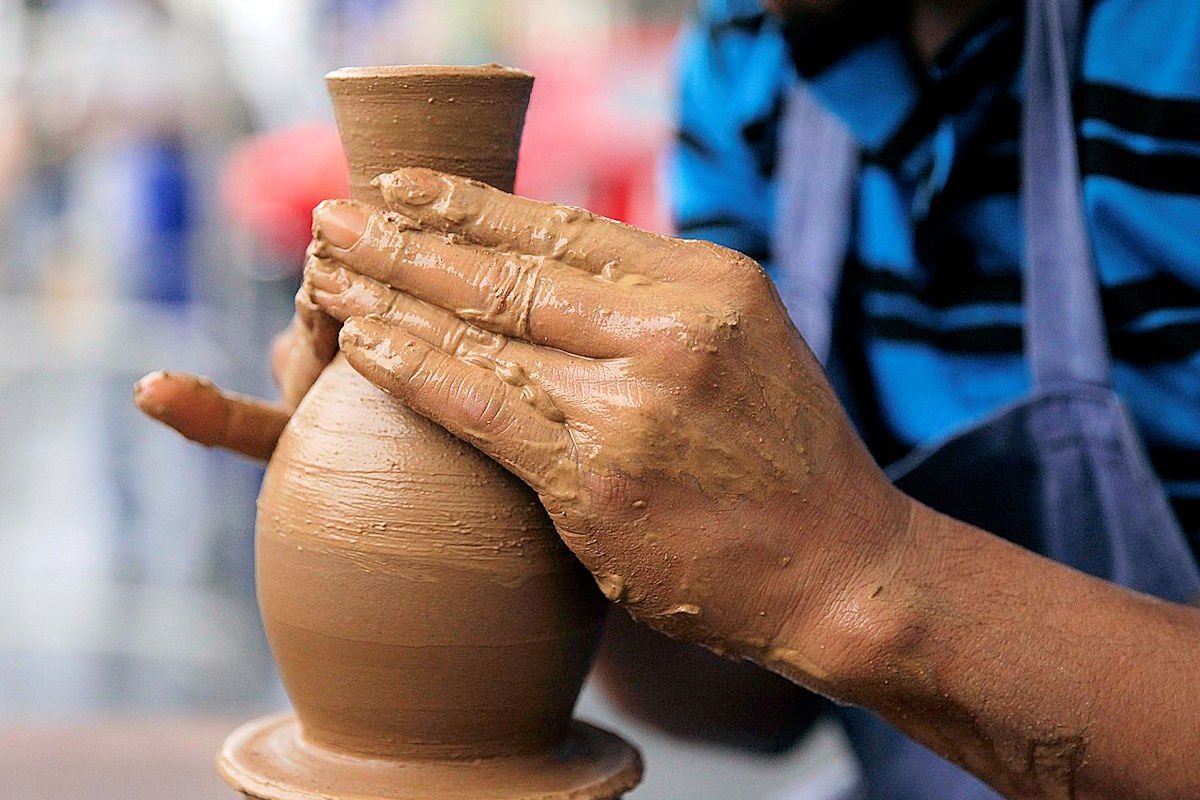
We are referring to the San Miguel Arcángel Parish Church, which began its construction in 1609. By 1734 Eucharistic celebrations were already taking place in the temple, but it was not until 1785 that it became the parish seat of the town.
Like these, the arched bridge of Titihuapa is one of the emblematic places of Cabañas Department. The architectural style used for its construction is similar to the Roman, robust, elegant, and functional. Unfortunately, only the ruins of its foundations remain.
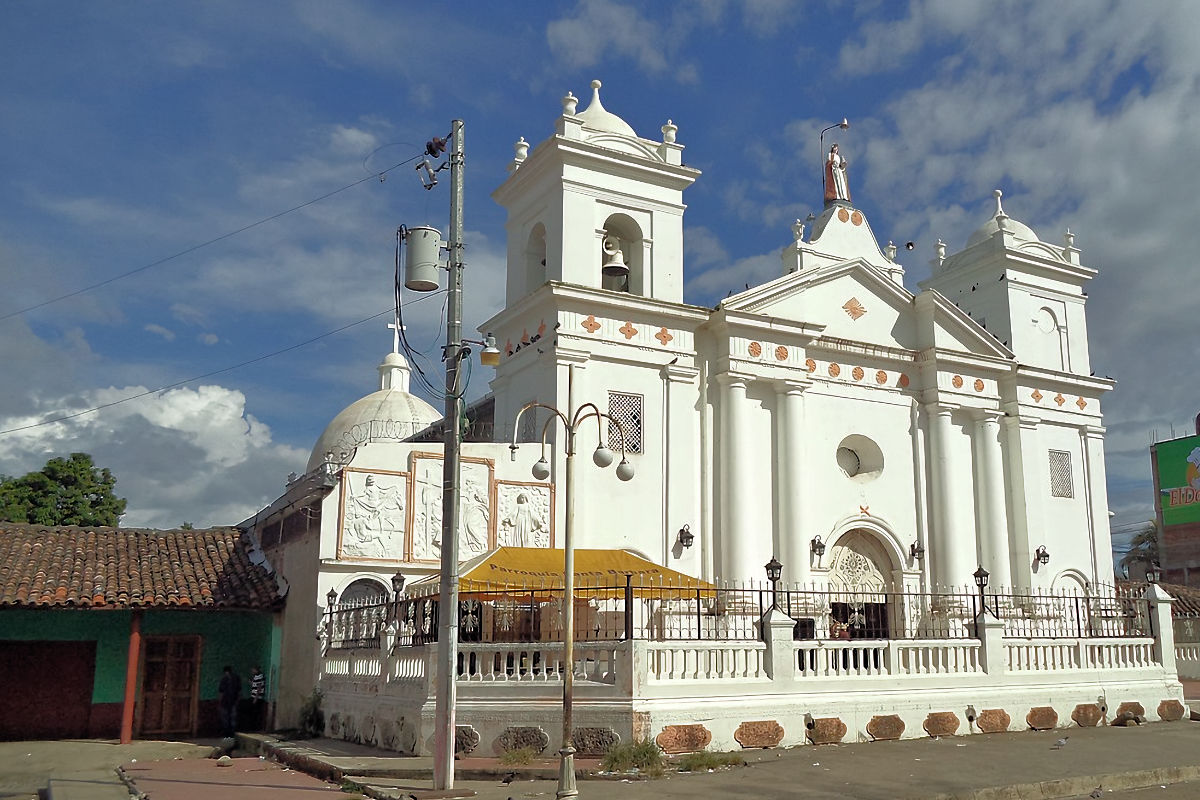
Another important religious temple of Cabañas is found in its capital, the municipality of Sensuntepeque. For many, the Santa Bárbara Virgen y Mártir Parish Church is the most beautiful in the whole department.
However, there is another heritage that you can know here. You will also find the Cabañas Theater, Military Detachment No. 2, and the Tomb of Dr. Jesus Velasco, among others.
Attractive places you should visit
After talking about the most important monuments that Cabañas Department has, we can begin the tour of nature and the most attractive places you should visit.
Starting with the Bosque de Cinquera Ecological Park, now converted into a nature reserve after having been the scene of the civil war. With its reopening, millions of tourists have come to admire the beauty of the entire landscape.
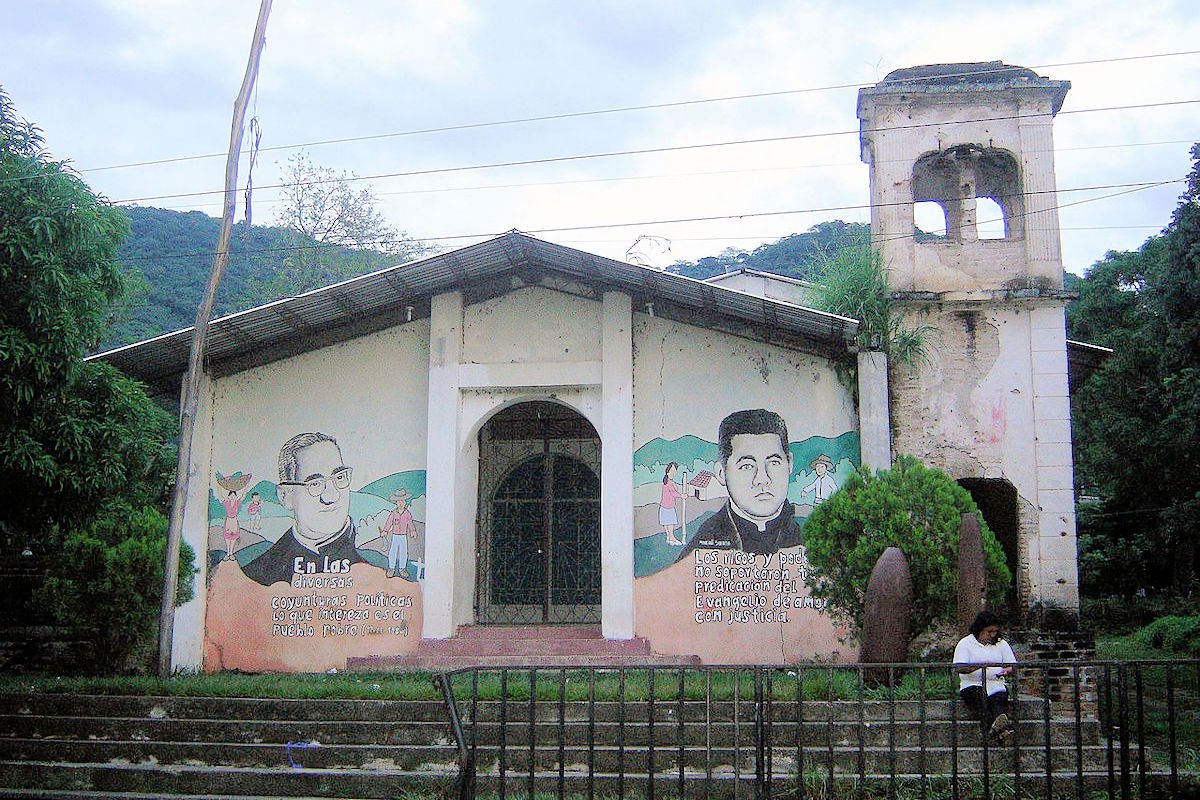
Undoubtedly, a tour where you can see endangered species. You will be surrounded by a magical natural world, where you will also have the opportunity to contemplate Lake Suchitlán and if you like, bring your tent to camp inside the reserve’s facilities.
If you also want to go hiking and are looking for the ideal destination for the whole family, that is the Cerro de Avila. A mountain with a height of only 390 meters above sea level with low-difficulty trails. During the tour, you will see the surrounding hillsides, a great variety of flora, and an incomparable climate.
But if you get to the municipality of San Isidro, a tour of the city, its church, and, of course, its rivers await you. But among all this, La Pintada has always stood out, where archaeologists still excavate in search of ancient treasures.
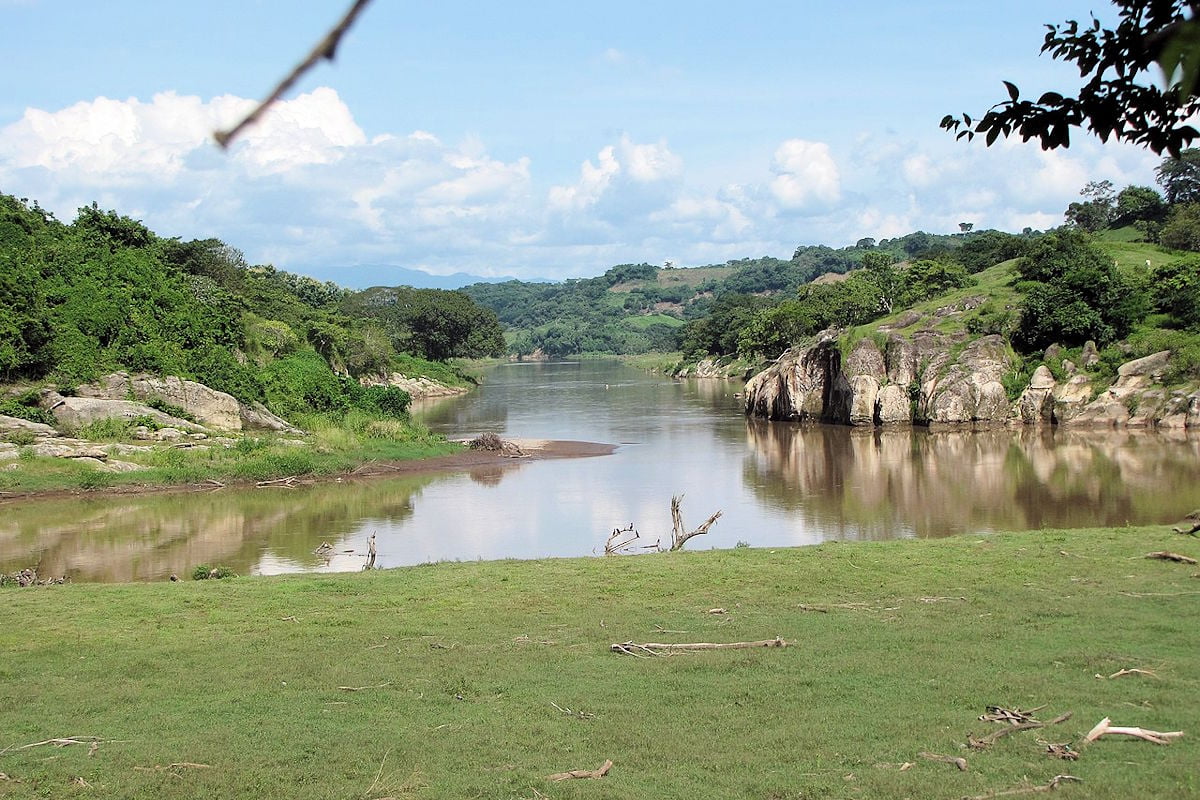
And where is La Pintada? This place is directly connected to the Titihuapa River, so you can also enjoy a nice swim in the middle of the forest during your trip.
Destinations near Cabañas that you should visit
If you have loved spending a day at the Titihuapa River, you should know that this is the line that divides the San Vicente and Cabañas Department. So when you are here, you will only have to move along the road until you reach San Sebastian and enjoy other tourist destinations.
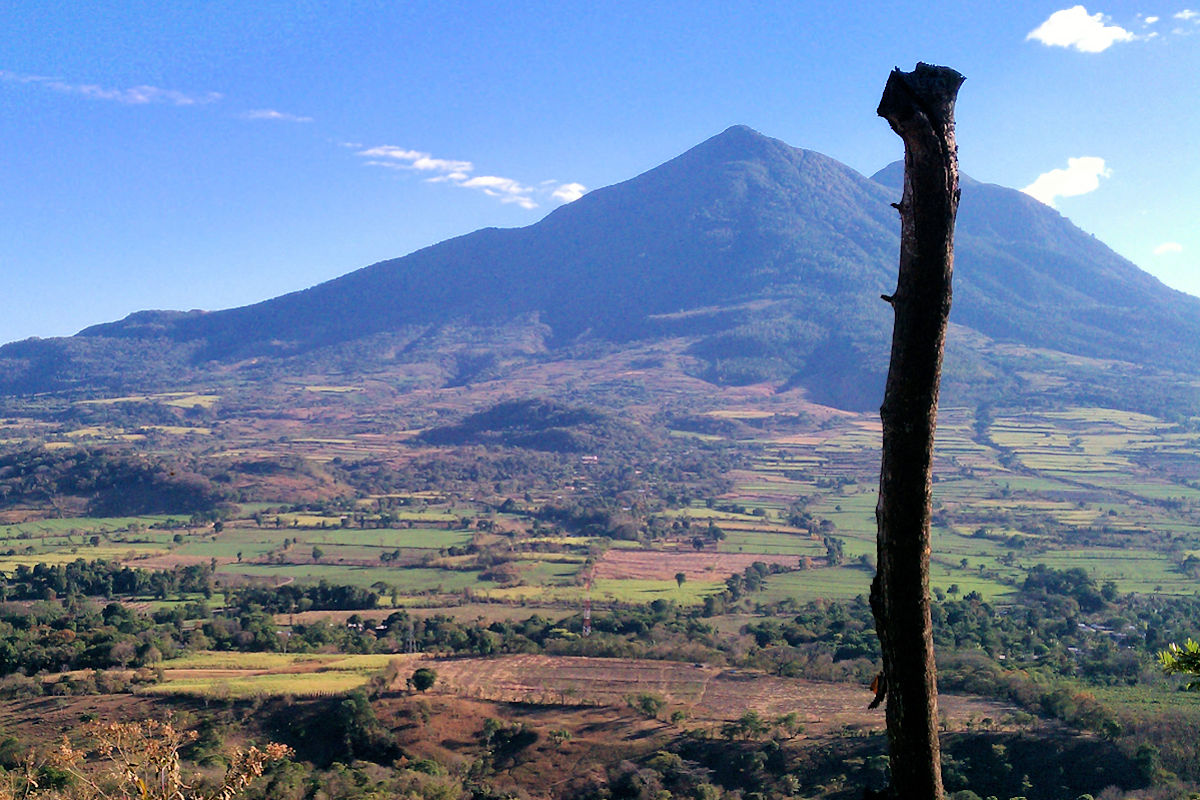
You will find that this municipality is also a place where traditions abound, including hammocks, clothing, and various handicrafts. The best part is its location, right next to the Chinchontepec Volcano. So it will be simple to follow its trails to reach the summit of this massive volcano.
History of Cabañas Department
Although the Cabañas is a department founded a few years ago, its history is engraved in petroglyphs. These are an apparent reference that its lands may have been inhabited for thousands of years.
With the arrival of the Spaniards, the indigenous peoples were displaced almost entirely, leaving only a few families who Dominican friars evangelized in 1560. Later, in 1609, a parish was established in honor of Santa Barbara.
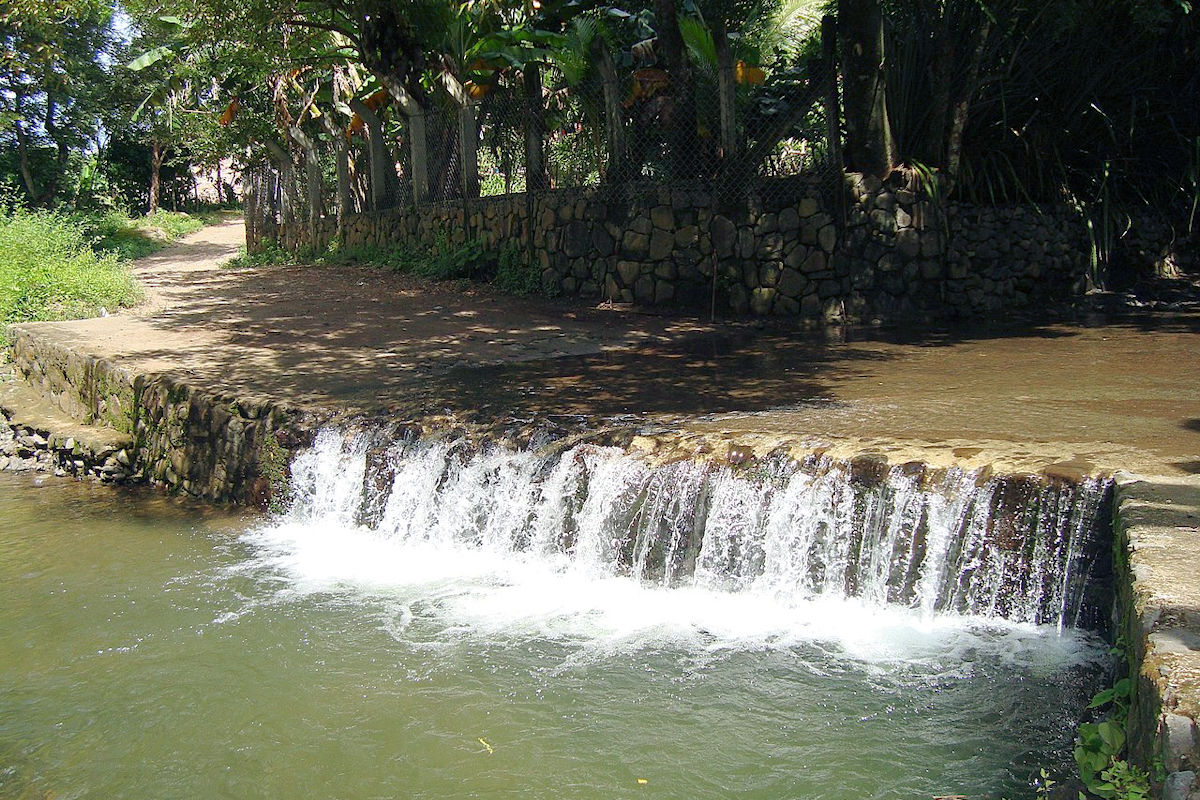
After almost 200 years, the town of Sensuntepeque has been named the capital. Later received the title of a villa in 1824, until it became a city in 1865. Since then, its political-territorial division has been preserved.
Geography and municipalities of Cabañas Department
Cabañas Department is in the northern part of El Salvador, and it is bordered to the north by the Lempa River, whose course within the region is 88 km. To the south is the San Vicente department, and to the east and west are San Miguel and Cuscatlán, respectively.
Within its geological formation are Cerro La Cruz, 921 meters above sea level, and Cerro Ocotillo, over 1,014 meters above sea level. From these points, you can appreciate the vast vegetation, formations, tributaries, and mountains spread over 1,103 km2.
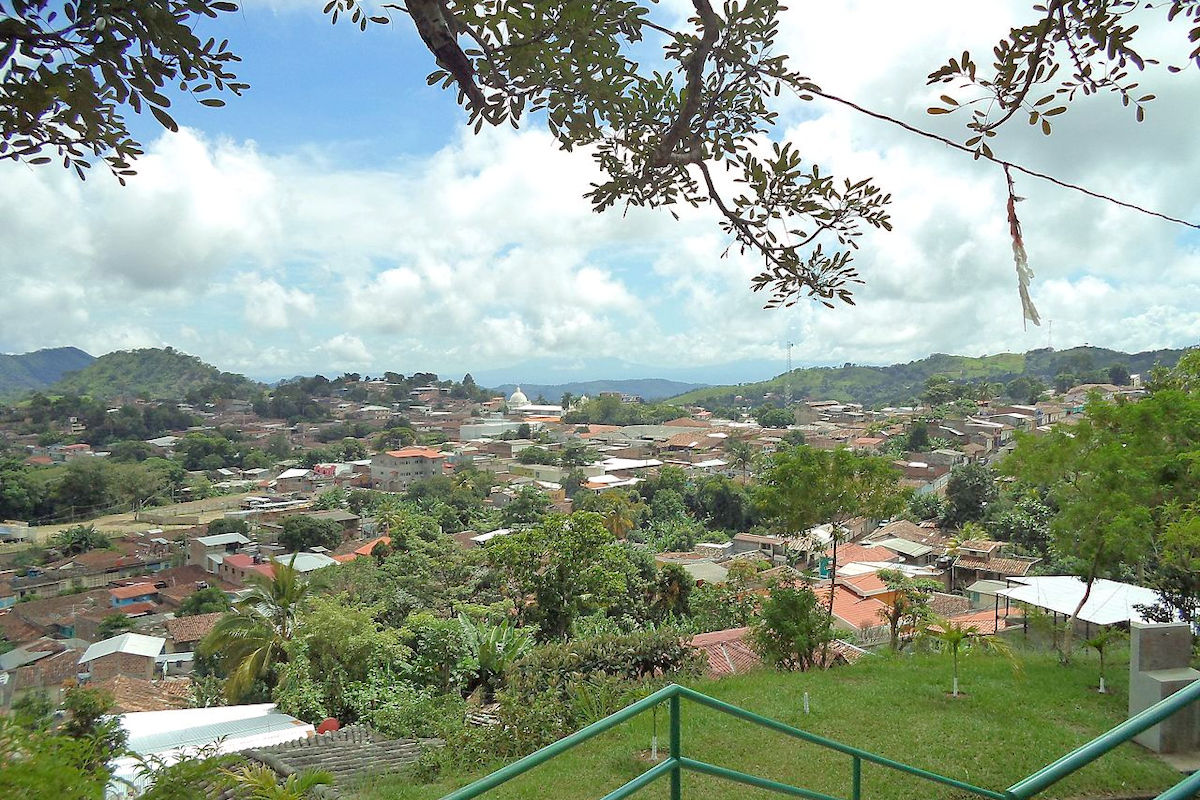
On the other hand, although Cabañas is a small department, it is divided into two districts, Sensuntepeque and Ilobasco. Thus integrating nine municipalities which are:
- Sensuntepeque capital of Cabañas with 22 cantons.
- Cinquera with 8 cantons.
- Dolores with six cantons.
- Guacotecti with three cantons.
- Ilobasco with 14 cantons.
- Jutiapa with 7 cantons.
- San Isidro with 7 cantons.
- Tejutepeque with 6 cantons.
- Victoria with ten cantons.
Climate, flora and fauna
The climate of Cabañas Department is classified as tropical savannah, making it a sweltering region. Its average annual temperature is 32°C regardless of the time of year and rainfall of 572 mm.
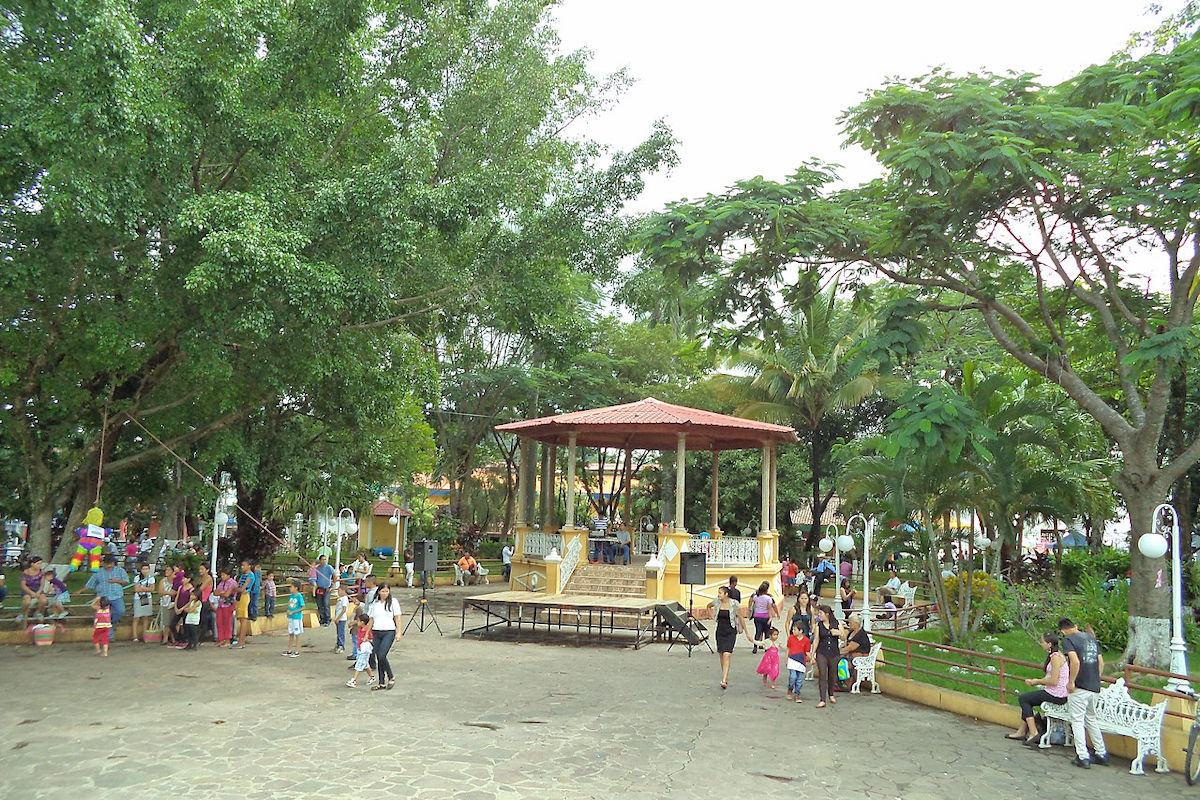
As for the flora, it is typical of the continent’s humid subtropical forests, which makes possible the growth and development of various types of trees. For example, madrecacao, pepeto, nance, and oak, among others.
Finally, the fauna that stands out in the region is composed of birds (including migratory), rodents, reptiles, ocelots, aquatic species, and deer, among others.
Culture and customs in Cabañas Department
The culture of Cabañas was born in conjunction with the Catholic colonial festivities. However, some have been preserved and date back to the native peoples, creating a mixture of beautiful traditions.
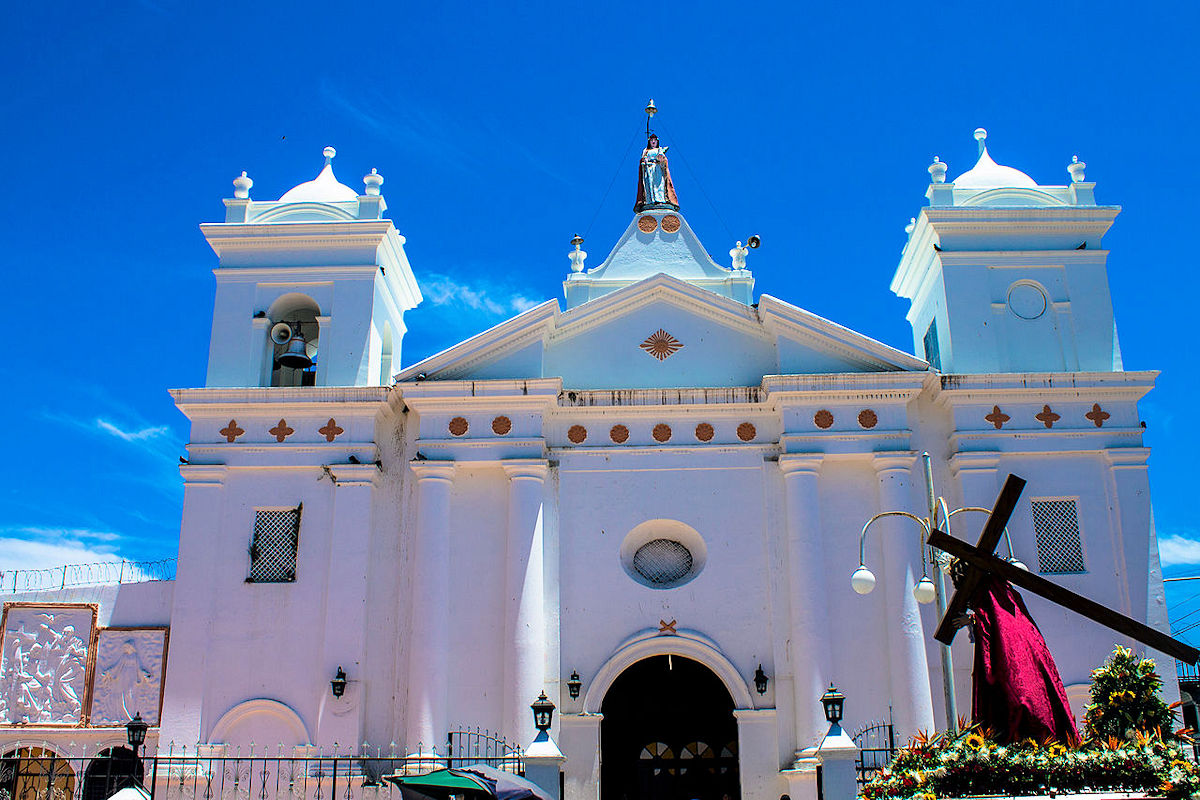
Now, the patron saint festivities of Cabañas are an example of the adoration of the people of Cabañas towards its patron saint, Santa Bárbara. This festivity takes place every year between November 24 and December 5.
During these dates, other cultural manifestations of great importance take place. In turn, we find different customs that must be included in the list, each of which is the following.
Serenades: “Las Recordadas”
Las Recordadas are held every day during the Santa Barbara festivities. The serenade groups, musical and others, gather at 5:00 a.m. to sing to their patron saint.
The lighting of the bonfires
After the patron saint’s festivities, it’s the vespers of the Virgin of the Conception, and it is there where the bonfires are lit in her honor. The people gather the most significant amount of dry leaves used for the bonfires.
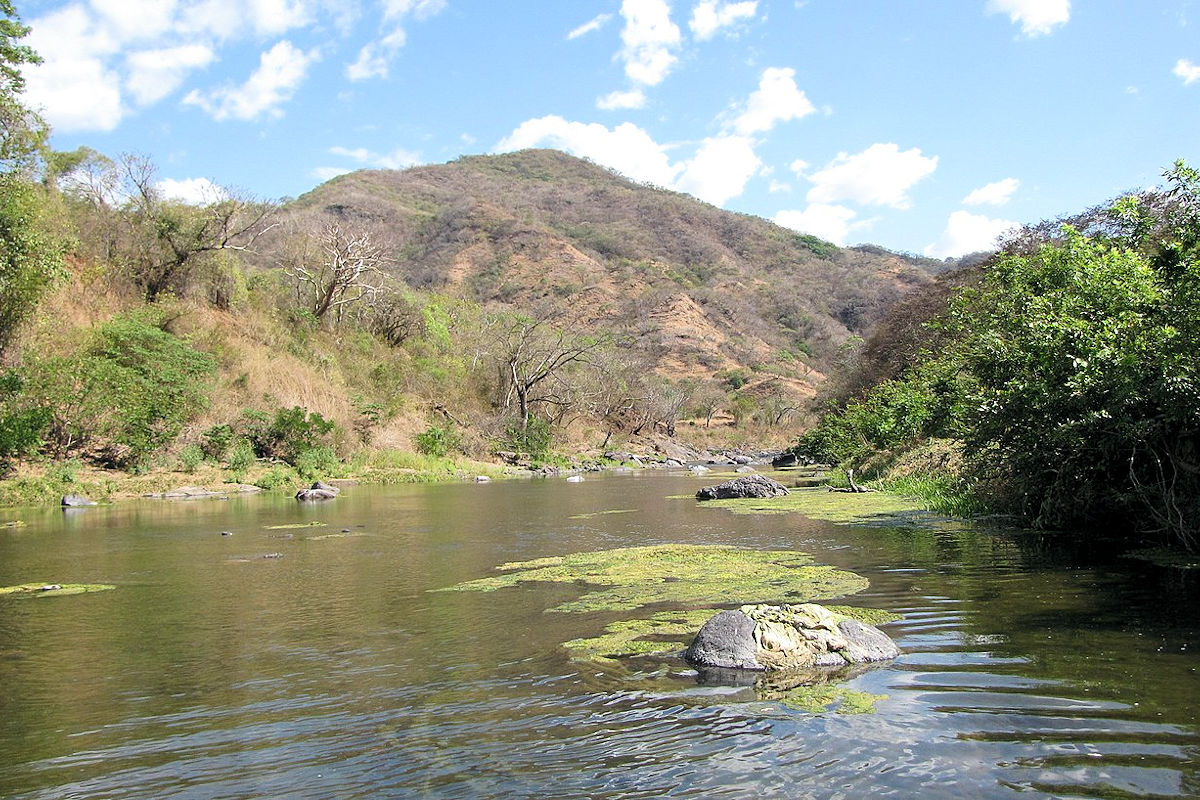
Corrida del ángel
The name of this custom may cause some amusement, but the truth is that it takes place on the last day of Holy Week to celebrate Easter Sunday. The wonderful thing about it is that each year the image of an angel is taken and carried running to other temples.
In each one, other images are prepared to leave their church, and when the whole act has concluded, the Procession of Los Farolitos begins.
Gastronomy
No matter where you are in El Salvador, you can always enjoy the best of its gastronomy. Try some delicious pupusas, atoles, sweets, and whatever you want. But in the case of Cabañas, we find a typical dish prepared daily by the families of Cabañas.
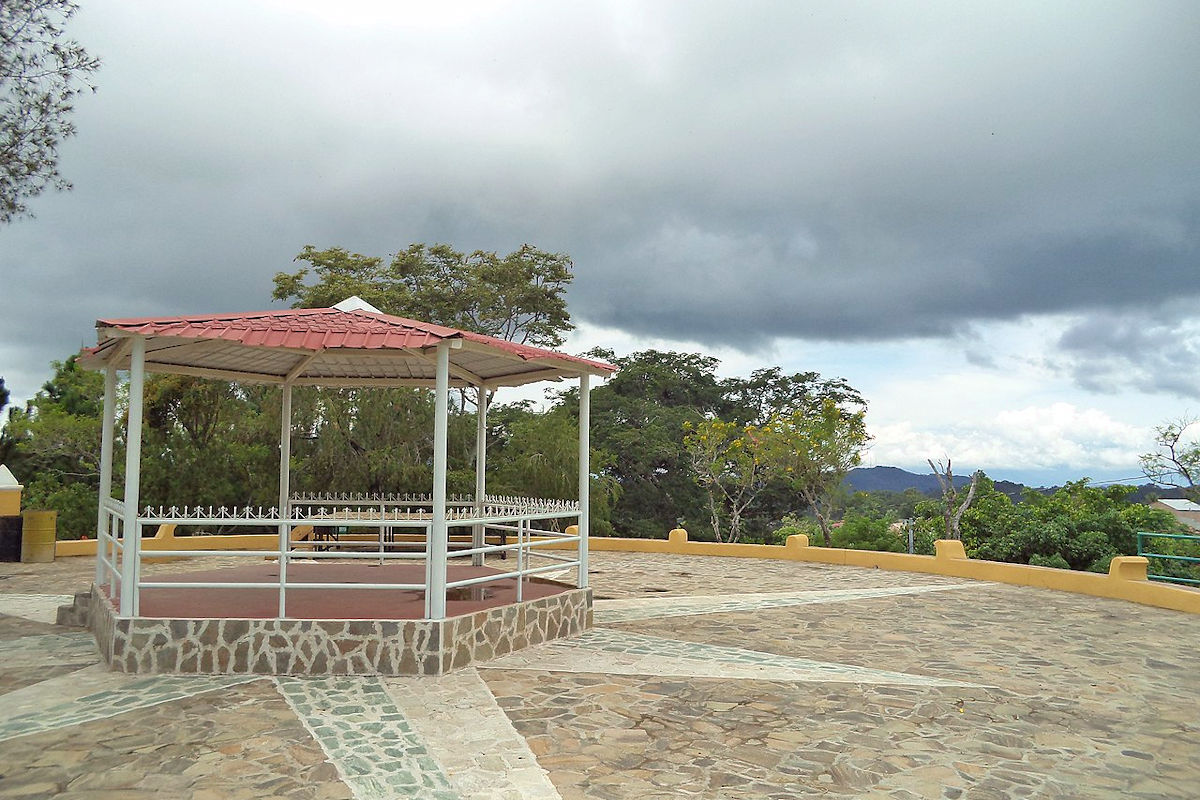
We talk about raw milk with freshly prepared tortillas and, depending on taste, can be accompanied by some other food. This dish is known as rigua with raw milk, where cheese, cream, and corn are used for the rigua.
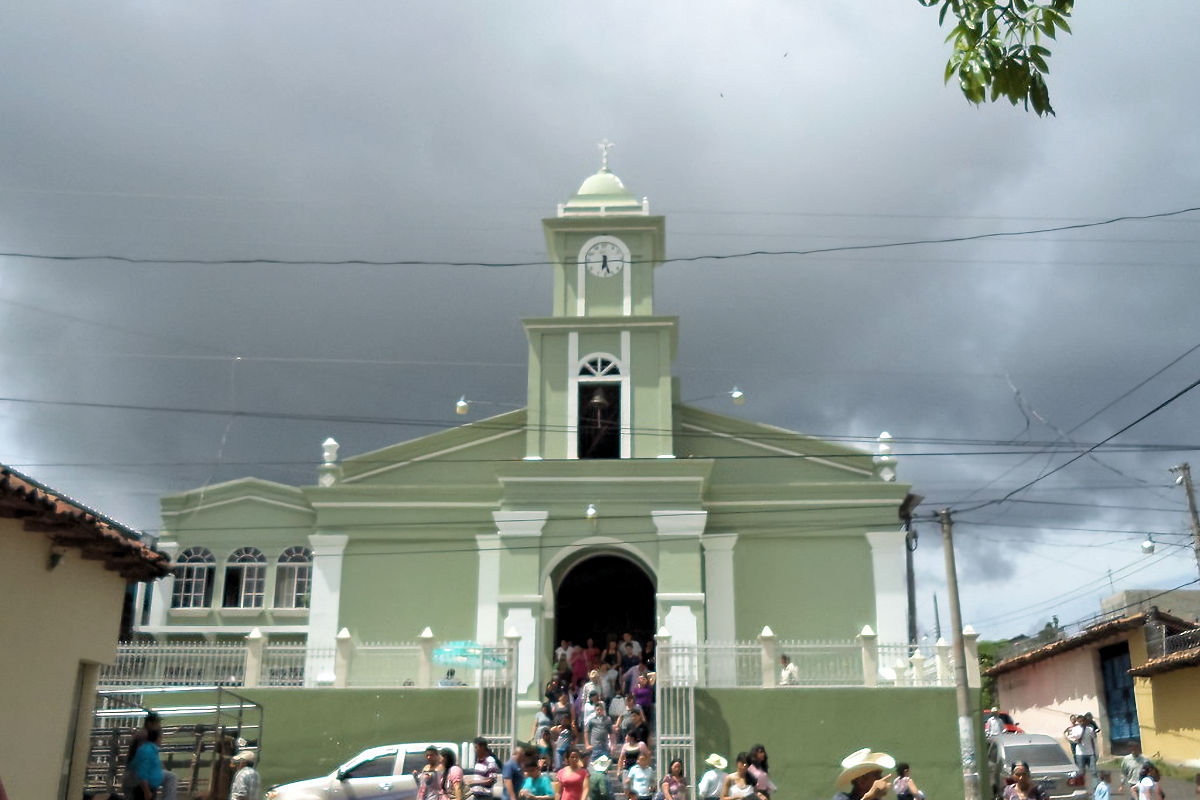
In short, a delight that you can not miss your visit to Cabañas Department.
